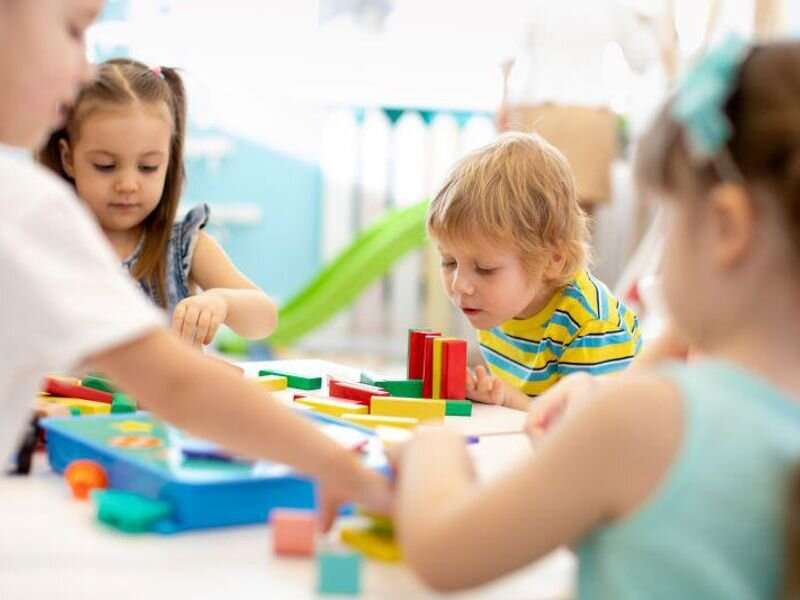Extent of developmental delays varies with autism

Developmental milestone progress in autism varies substantially under different conditions, according to a study published online July 18 in JAMA Pediatrics.
Susan S. Kuo, Ph.D., from the Broad Institute of MIT and Harvard in Cambridge, Massachusetts, and colleagues assessed variability in the age at which autistic individuals attain key developmental milestones. The analysis included 17,098 autistic individuals and 4,145 siblings without an autism diagnosis (ages 4 to 17 years).
The researchers found that individuals with autism showed delays in milestone attainment versus their unaffected siblings, with median delays ranging from 0.7 to 19.7 months. The presence of co-occurring intellectual disability, carrying a neurodevelopmental disorder-associated rare genetic variant, and being diagnosed with autism by age 5 years were associated with more severe and more variable delays in autism. There was also an association between more severe and more variable delays and membership in earlier study cohorts, consistent with autism's diagnostic and ascertainment expansion over the last 30 years.
"As the largest summary to date of developmental milestone attainment in autism, to our knowledge, this study demonstrates substantial developmental variability across different conditions and provides important context for understanding the phenotypic and etiological heterogeneity of autism," the authors write.
More information: Abstract/Full Text (subscription or payment may be required)
Copyright © 2022 HealthDay. All rights reserved.





















